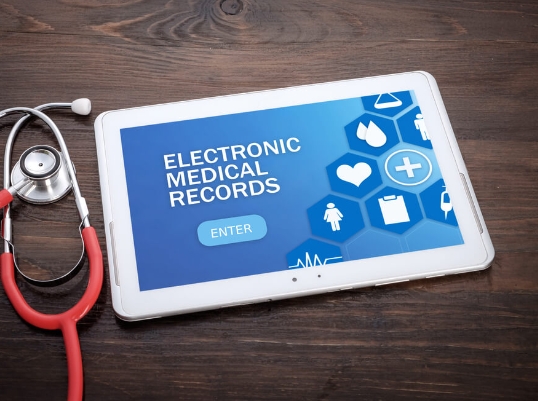In today’s fast-paced world, efficiency is key in every aspect of our lives – including in healthcare. Hospitals are turning to electronic health records (EHR) to streamline patient care and revolutionize the way they operate.
Increased Accessibility and Coordination
With EHR, patient information is easily accessible to healthcare providers, allowing for better coordination of care. This means that all members of the healthcare team have access to the same up-to-date information, leading to improved communication and outcomes for patients.
Enhanced Communication
Electronic health records make it easy for healthcare providers to communicate with one another, leading to faster decision-making and improved patient care. With EHR, providers can securely share information, such as test results and treatment plans, leading to more informed decisions.
Improved Safety and Quality of Care
EHR systems help to reduce errors and improve patient safety by providing alerts for potential drug interactions and allergies. Having all patient information in one place also helps to prevent duplicate testing and unnecessary procedures, leading to a higher quality of care.
Efficient Workflow
Electronic health records streamline the workflow in hospitals by reducing the need for paper charts and manual record-keeping. This allows healthcare providers to spend more time with patients, leading to improved patient satisfaction and outcomes.
Cost Savings
Implementing EHR systems can lead to cost savings for hospitals by reducing the need for paper records and streamlining administrative tasks. In addition, electronic health records can lead to better billing practices, reducing the risk of errors and improving revenue for hospitals.
In conclusion, electronic health records are revolutionizing hospitals by streamlining patient care, improving communication, enhancing safety, and quality of care, and saving costs. As technology continues to advance, EHR systems will play an increasingly important role in the healthcare industry, leading to better outcomes for both patients and providers.

